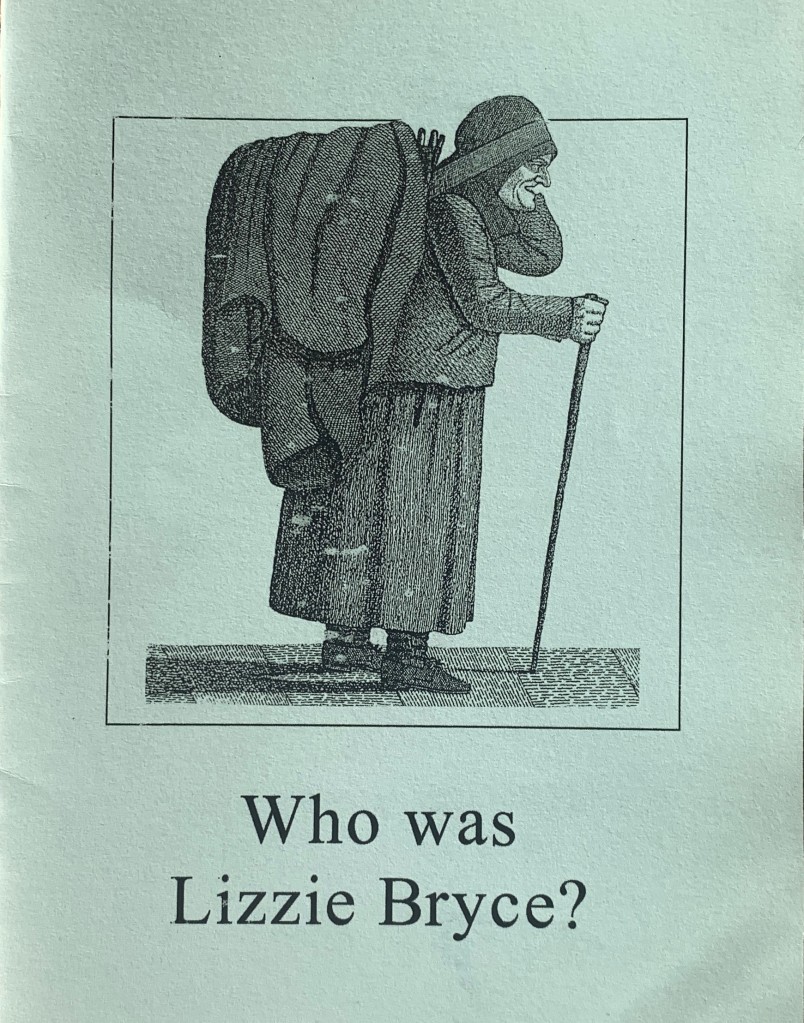Witches in Word, Not Deed is an exhibition…
….to remember the real women who were persecuted as witches in Scotland… Thirteen women are remembered … bringing attention to the loss of life and identity in which the witch trials resulted.
https://talesofonecity.wordpress.com/
These were not witches. They were simply women: accused; often tortured; then murdered for the commission of utterly fictitious crimes.
There have been a number of projects in recent years, raising awareness of the many women who were tried and executed as witches in Scotland. The first I became aware of was the vocal and tireless, Witches of Scotland. This is a campaign seeking justice for those accused women.
The Witches of Scotland (WoS) Campaign was launched on International Women’s Day 2020 by Claire Mitchell [KC] and Zoe Venditozzi. The campaign has 3 aims: to obtain a pardon for those convicted as witches under the Witchcraft Act 1563, to obtain an apology for all those accused, and to obtain a national memorial to remember those killed as witches.
https://www.witchesofscotland.com/
The very excellent Claire Mitchell KC, and author Zoe Venditozzi also host a podcast. They originally planned a short run of (I believe) 6 episodes, but will soon reach their 70th!
Through this podcast I learned of a project local to me, The Calder Witch Hunt, along with many, many others. They interview authors, academics and fellow campaigners. Very much worth a listen and follow.
Speaking of local “witches”, there’s a “Lizzie Brice’s Roundabout” near me. The local lore is that Lizzie Brice was a witch and, I was told, “the last witch burned in Scotland”. Everyone accepted that as truth… However, according to a booklet produced by the Local History Library, Lizzie was, happily, not accused of witchcraft.
Lizzie Bryce was a widow living in the parish of Mid Calder in the 1800s. She and her daughter were employed to house “pauper children” from Edinburgh, keeping them out of the workhouses and in the more wholesome country air.
source: West Lothian Council Local History Library, 1999

Unusually, for a poor woman, her name lived on: attached to the strip of woodland where she lived and later the roundabout built nearby, a petrol station, and a pub.

